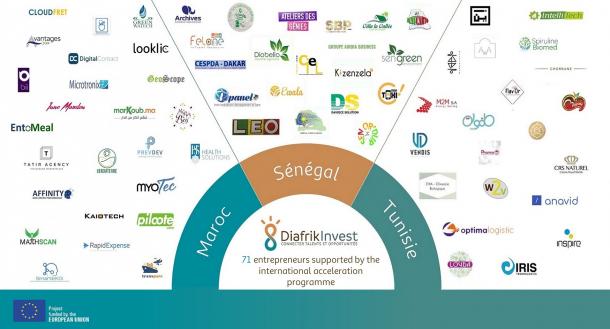News
Start-up Act, a bill to boost the start-up’s ecosystem
The law called “Startup Act” was voted almost unanimously (110 votes against 3 abstentions), on Monday 2nd April 2018. It aims to boost the Tunisian start-up cosystem.
This bill has been discussed for almost two years. It was advocated for a long time by young Tunisian entrepreneurs who faced many regulatory deficiencies when setting up their start-up. Aware that this bill could make a difference, civil society, lawyers and operators of the entrepreneurial ecosystem (investment funds) quickly joined the movement. In 2017, Mr. Youssef Chahed, Head of the government, confirmed his commitment to young entrepreneurs to put in place a legal framework.
Thus, the law was adopted on 2nd April 2018. Since this adoption, Tunisia acts as a significant example for other countries. The country has been able to define an appropriate policy for the growth of start-ups. According to Anouar Maarouf, Minister of Communication Technologies and the Digital Economy, this is a “revolutionary” law.
But what does this law provide? Firstly, this law provides explanations about the profile of companies that can adopt the status of “start-up”. To be defined as a start-up, the company must meet five essential criteria defined in the Start-up Act: the company must be less than eight years old, have less than 100 employees, two-thirds of shareholders companies must be its founders, angel investors or hedge funds, and the fifth criterion is that the company must have an innovative business model and provide activities that use new technologies to effectively contribute to the country’s economic growth. Apart from these 5 criteria, the law also provides financial support for start-ups: tax exemptions, budget support for the import of electronic components and payment of sponsored links on social networks, help needed during international patent filing procedures as well as other wage benefits for the workers and founders of the organisation.
Besides the significant economic impact that this law will have for Tunisia, some experts agree that it should also curb the brain drain to large companies worldwide thanks to the legal framework of start-ups, now clearer.




 See all news
See all news






 Next news
Next news












